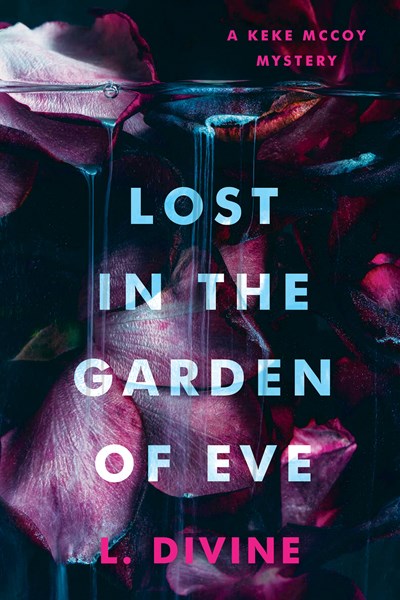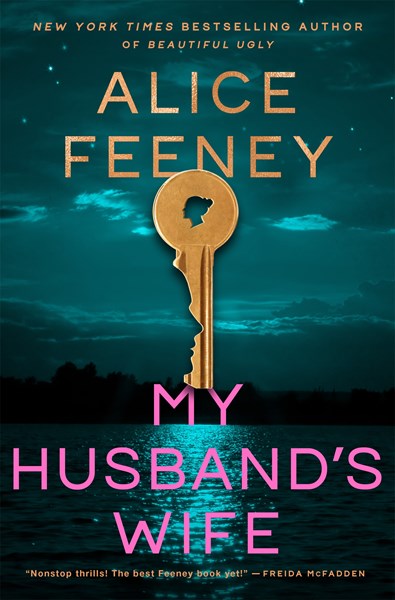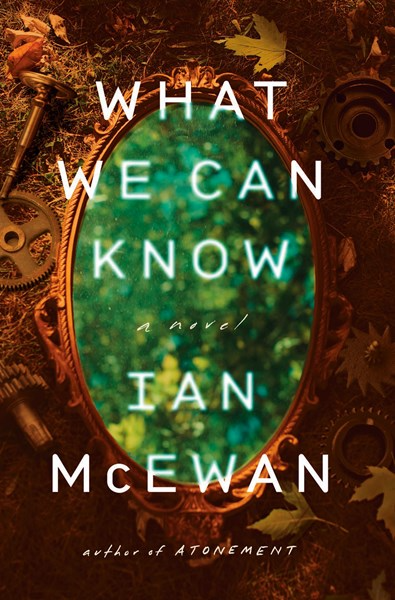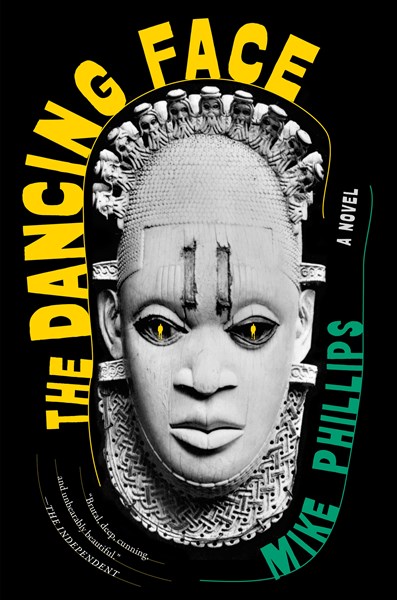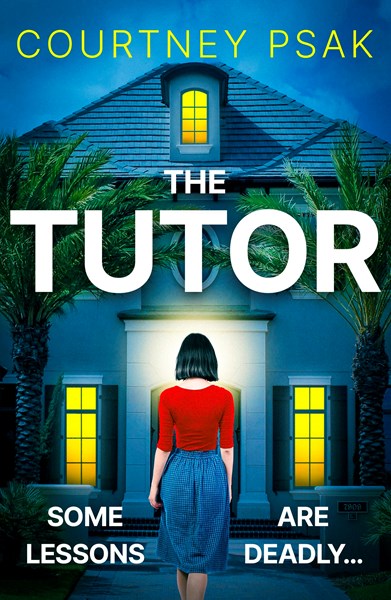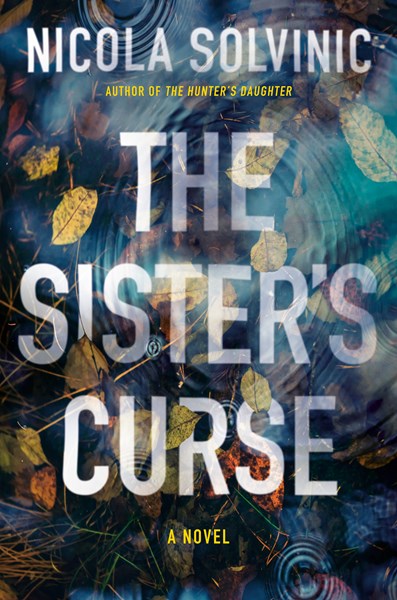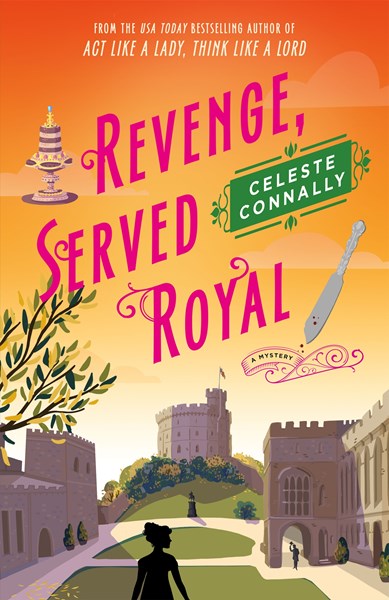Keke McCoy is an Indian Springs, GA, reporter who’s investigating the deaths of teenage dancers at a local strip club as she recovers from injuries received in her previous investigation. Not one to take things easy, she’s soon back in the thick of the town’s underworld as she’s a former stripper herself and can perfectly blend in as undercover in the club where she used to work. Confusing the job is that the detective also working the case is her former—well, sometimes current—boyfriend, Drew, who’s now engaged to someone else, a woman who’s none too happy with Keke. Also not enamored of her won’t-back-down ethic are the town’s good ol’ boys who take the bodies of Keke and the other “colored gals” as their birthright. Paired with awful abuse—including that of a young woman whose mother is her pimp—and tawdry behavior by entitled locals are Bible passages about Eve that highlight her plight and pious behavior by a bigwig family who are ripe for a fall. Divine shines a bright light on social issues in still-segregated small towns and brings memorable characters to a tense, satisfying showdown. More from Keke and Drew, please!
Henrietta Thornton
When Eden Fox goes for a run near her newly purchased rural English home, Spyglass House, all seems well. She and her husband, Harrison, love the huge old house and are beginning to settle into life in the village. Eden even has a show of her artwork planned at a local gallery. But all happiness and plans evaporate when she returns from her run and her key won’t work. Worse, another woman opens the door and claims she lives there and is Eden Fox. Eden’s husband says the same, and the police are called. In Feeney’s Beautiful Ugly alternating chapters, this bizarre story continues as we also meet police officer Olivia Bird, or Birdy, who is soon embroiled in her own mystery: a relative she didn’t know has died and left her a considerable inheritance. As part of it, Birdy discovers communication from a tech firm that promises to tell subscribers their death date. She and a kindly small town police officer investigate Eden Fox’s case, which soon turns into a missing-person investigation, one that’s surrounded by intriguing small-town goings on and MOST unexpected twists. A must for fans of Feeney’s absorbing novels and of Tana French’s work.
Be happy, be academically successful, do the right thing—in McEwan’s tale of the mystery surrounding a lost poem, you can only have two. The poem, and those surrounding it, have two lives here. The second part of the book takes place in 2014 at the time of the poem’s creation and involves narcissistic poet Francis Blundy; his wife, Vivien; and their circle. The first part of the book is set in 2119, when humanity has been beset by global warming and nuclear wars. The diminished world is fixated on the (perceived) better past, part of that obsession being Blundy’s poem, which has a place in the culture as the pinnacle of romance and dedication. McEwan spins the reader in circles, showing us the same events first from afar and then from different points of view in the same time period. This creates a sense that what we can know is in fact very little, and maybe that’s for the best. As usual in McEwan’s books, especially his ultra-tense On Chesil Beach, the characters move in such agonizing situations that the book must be set aside at times—but the language, especially concerning characters’ self-regard, whips the reader back in (“…it was no longer me at all. What remained was not even a woman but a poetic convention, the shadow of a woman on the cave walls of a man’s imagination”). A must for McEwan fans; and librarians, take note: the creation and maintenance of an archive has a role here.
The darkness of this novel—which was published in 1997 in Britian but is now seeing its first U.S. publication—is paired with an urgency: things must be made right. The England-based Committee for Reparations to Africa has been “veering between sycophancy and rage according to the circumstances” in persuading the British that African artworks stolen during Colonial rule must be returned. The only result is undisturbed exhibits in British museums, so now Gus, a university professor, has decided to make a statement. In partnership with a steel-willed, rich Nigerian man, Dr. Okigbo, he will steal a mask (one that causes “an aura around his nerves” and “The taste of a smell. A ghost in the mouth”) from a renowned collection. He’ll hold it for a ransom to be paid to Africa, but more to stir political fallout. (It’s better than bombing the museum, his initial idea.) Of course, nothing goes to plan, and while the aftermath gets more twisted and scarier, confounding issues are introduced. The mask should eventually be given up, but not to “some bunch of evil dictators.” It might never be possible to persuade the British to do anything (“Nothing to do with us, old boy”). And are Black English people, such as Gus, authentic enough to be involved in this effort? There’s lots to think about here with characters who shake up assumptions and stereotypes along the way.
Brace yourself! This is a wild ride, and one that is just as enjoyable even if you’ve never read the late Cussler or Du Brul’s other Cussler titles. Readers are swept off to WWI Europe along with Isaac Bell, a detective with New York’s Van Dorn agency (created by Cussler, this group is like the Pinkertons on steroids). Bell is tasked by President Wilson with visiting the war-torn continent to gauge what it would be like for American men forced into battle there if the United States enters the fray. His journey turns into a series of chases and vicious confrontations, with he and comrades facing expected foes in the form of ruthless German soldiers, but also a less-expected force: anarchists who seek to use the cover of war to sow murderous chaos. Newcomers to Bell will want to go back to previous creations in this series as this is a wonderfully memorable character, with kindness and smarts to spare along with guts aplenty. Get this breakneck thriller on your list.
The tutor is Isabel, a young woman who’s just started her new job at a rich Florida private school. Readers know that she’s angling to meet the Caldwells, a family whose son, James, attends the school; we follow along as she visits their palatial home for the first time, snooping while there—but what’s she up to? In the meantime, we meet Evelyn, James’s mean-spirited grandmother. Her daughter-in-law Rose, the female lead here, can’t do anything right, and in Evelyn’s view is a gold digger who needs to be out of the picture. The man between these two women is too busy with his finance work to be of any help, and the situation disintegrates as Isabel reveals the reason she wants to know the Caldwells and Rose finds out that her mother-in-law is rumored to have too many mysterious deaths in her tony circle. With secrets and twists coming fast, not to mention emotional stakes that build to fever pitch, this is psychological fiction at its best.
“There will be no more diaries to fill, now.” How lonely, an emotion that echoes through this book that is sure to be on end-of-year best lists. It opens in present-day London and then flits back and forth between 1945 and present-day Paris, with an opulent city of lights hotel, the Lutetia, as the main setting. The hotel is famous for a painting in the lobby that depicts a woman in rags in one of the rooms; she was one of the many Holocaust survivors housed briefly in the hotel after returning from the horrors of the camps. In the present day, the artist’s granddaughter, memory specialist Dr. Olivia Finn, must quickly head from London to Paris when the hotel calls to say that her grandmother is in the lobby, needing help that she insists only Olivia can provide. Olivia’s grandmother says that she killed a woman at the hotel during those terrible first post-war days; she has dementia, but could her confession be true? Memory and its porousness are central to the plot here. So is the turmoil and moral ambiguity of 1945 Paris: Resistance men who fraternized with Nazis are showered with honors but their women comrades branded “whores,’” while the police work to uncover collaborators attempting to pass as camp survivors. With twists to spare, a fast-moving plot, and piercing looks at what it was like to start over after the war, this is one to get on your TBR list.
In Solvinic’s debut, The Hunter’s Daughter, readers met Detective Anna Koray, daughter of a forest-god worshipping serial killer, who was in therapy to bring back childhood memories (this latest book can stand alone, but it’s worth going back to the first to get to know Anna better). She’s still an expert at her father’s curriculum—wilderness tracking—a skill that comes into play when there is new upheaval in the area, starting with the near-drowning of a boy who’s rescued by Anna. She suspects that the almost-tragic event may not have been an accident, and the investigation brings in the long-cold crime of a local woman who disappeared 25 years before and wrongdoings of the town’s rich thugs, all tinged with supernatural elements. In the meantime, Anna’s continuing her relationship with a young, devoted ER doctor who has problems of his own. Anna is a complex character with a well-hidden dark side that, combined with her steadfast kindness and smarts, will keep readers rooting for her to come out on top. For fans of wilderness thrillers and all who enjoy a thrilling police procedural.
I confess, I don’t know where to start this review, there’s so much to the novel that will draw in readers. Should I mention that Regency era-set novels are usually romances, so a mystery that unfolds in the era is a particular treat? Or maybe that the main character, Lady Petra—in her third series outing here—wears lock picks and a dagger beneath her gowns? (Feisty!) How about the baking competition that will attract lovers of The Great British Bake Off and cozies featuring baking? Well, I’m still no closer to an answer, but I will say that readers should pick this up and be ready for delicious treachery, lies, and scandal when everyone who’s anyone in Regency Britain descends on Windsor Castle. They’re excited for a week of diversion that includes a competition to decide the best cook in any aristocratic house in the kingdom. Lady Petra’s stint as a judge is interrupted by the murder of one of the other judges and the sleuthing is on. Try Connally’s previous works in the series (All’s Fair in Love and Treachery; Act Like a Lady, Think Like a Lord) while waiting for this one.
Casey just wanted a quiet life in the New Hampshire woods. That’s mostly what she’s got, despite the neighbor that seems a bit off and the icky landlord whose suggestive comments she could do without. When a massive storm bears down, her cabin’s failing roof is a worry but turns out to be the least of her problems. Then she sees someone outside. It’s a teenage girl who’s been hiding in the garden shed, and when Casey tries to help her, Casey soon becomes captive in her own home while the storm rages. The girl, who seems enraged at Casey for reasons that are a mystery to readers and the hapless captive alike, is ready to make this night a violent one. Alternating with that story is the tale of Ella, a girl who lives with her abusive, hoarder mother, and her desperation to escape that life and the bullying at school. McFadden brings her usual tight plotting and twists to this massively absorbing work of psychological terror, which will be a winner with her fans and all who enjoy a tense, character-driven read.

